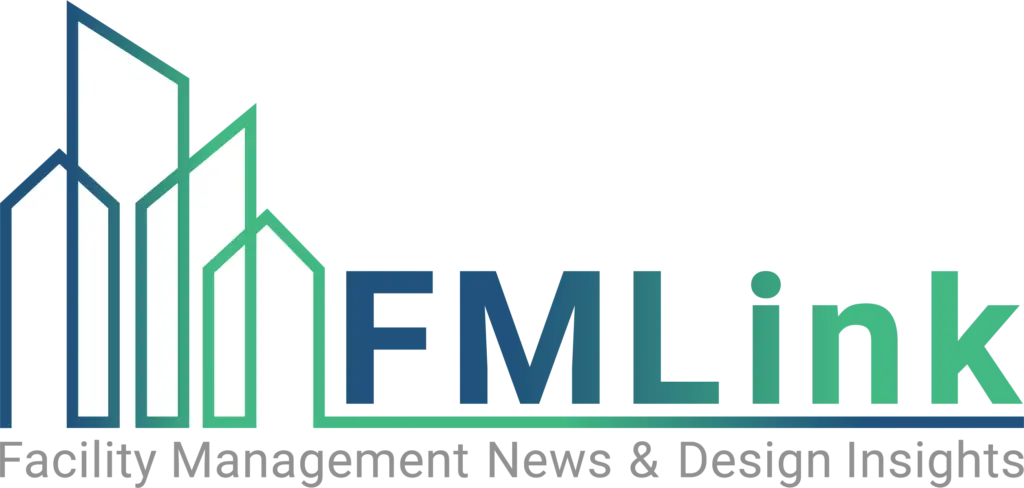For more information on ethics, see the How To article from March 2003, Determining What is Ethical.
Paying attention to ethics makes good business sense. We create goodwill for our companies and enhance our chances of success when we meet our obligations and treat customers, colleagues, and subordinates fairly and honestly. Ethical behavior is important in the workplace, whether it’s an office, a factory, a boardroom, or a construction site. Everywhere business is conducted, ethics matters.
What Does It Mean to Be “Ethical?”
When we hear the word ethical, several ideas come to mind, most notably good (versus bad) and right (versus wrong). Six concepts form the foundation of trust upon which ethical business practice is built:
- Ethics: Ethics refers to a set of rules that describes what is acceptable conduct in society. Ethics serve as a guide to moral daily living and helps us judge whether our behavior can be justified.
- Values: Values are defined as the acts, customs, and institutions that a group of people regard in a favorable way.
- Morals: Morals are a set of rules or mode of conduct on which society is based. Certain moral elements are universal, such as the laws forbidding homicide and the basic duties of doing good and furthering the well-being of others. Morals and ethics are very similar; both pertain to society’s ideas of right and wrong.
- Integrity: To have integrity is to be honest and sincere. Integrity is defined as adhering to a moral code in daily decision making. Integrity Put simply, when people and businesses possess integrity, it means they can be trusted.
- Character: Character drives what we do when no one is looking. Each person has the ability to build, change, or even destroy his or her own character. We can build our character through the way we live—by thinking good thoughts, and performing good acts.
- Laws: The law is a series of rules and regulations designed to express the needs of the people. Laws frequently provide us with a sense of right and wrong and guide our behavior, but not always. While murder is against the law, it does not stop someone from killing another out of hatred, anger, or in defense of a personal philosophy. It is worth noting that an illegal act can be ethical. One of the most famous examples is Martin Luther King, Jr.’s violation of the law with marches and sit-ins during the fight against segregation.
These six concepts—ethics, values, morals, integrity, character, and laws—form the foundation of ethical business practices.
How Can Our Company Enforce Ethical Practices?
Many professions and corporations have developed codes of ethics to address their unique business situations. By developing a code of ethics, an organization makes it clear that employees and members cannot claim ignorance as a defense for unethical conduct. In general, the proper role of corporate management in promoting business ethics involves clarifying and enforcing expectations, listening to and respecting diverse views on various issues, acting consistently over time, and creating an atmosphere free from harassment and inequality. A professional code of ethics sets a standard for which each member of the profession can be expected to meet. It is a promise to act in a manner that protects the public’s well-being. A professional code of ethics informs the public what to expect of a company and its employees.
In the wake of corporate scandals that cost employees and investors billions of dollars, the federal government passed legislation that requires publicly-registered corporations to have a corporate code of ethics. While Sarbanes-Oxley Act of 2002—SOX—does not guarantee the elimination of unethical practice, it does provide a way to legally address such behavior. The Federal Sentencing Guidelines for Organizations provide an additional incentive for having corporate codes of ethics and ethics training. Companies that have made a bona fide effort to prevent unethical and illegal behavior are likely to receive less severe punishment if an employee be found guilty of breaking the law.
Many corporate ethical standards fail because they are too vague and general and give no specific directives. Codes of ethics must be specific enough to convey the intended conduct. However, they must avoid being so prescriptive that a literal interpretation becomes an excuse for noncompliance. Also, codes must be general enough to avoid encouraging defensive management, where an employee becomes unable to act and make decisions fearing that any action will be unethical.
The roles of top management and senior staff are critical in developing the culture of an organization. Most experts agree that the chief executive officer and vice-president level executives set the ethical tone for the entire organization, and lower-level supervisors obtain their cues from these individuals. If a company is to maintain ethical behavior, its policies, rules, and standards must be worked into its control system. Remaining ethical is not a static issue. It requires review and evaluation. Companies need to periodically review their priorities and make necessary adjustments. Otherwise, their standards and training become outdated.
The potential for unethical behavior in business is everywhere. However, several factors contribute to how real property administrators can act ethically. Keep in mind that ethics is positive—it is meant to help you succeed as well as to render judgment when you fail. You must determine how to balance conflicting needs. Ethical dilemmas are rarely simple. Several conflicting issues may be linked, and several parties may be involved. Most frustrating of all, you may find that a response to one of these situations may be unethical for the others. Clear communication is critical. Many of us have thought ourselves to be in an ethically compromising situation, only to discover later that we misunderstood, or were misinformed about, the motives, actions, or circumstances contributing to the situation. Having an understanding of cause and effect is also vital. The process of how events develop is just as important as the end result.
Establishing an ethical standard for business conduct involves more than a written policy. The most compelling support for an ethical standard is adherence to and enforcement of that standard by those who institute it, and by those for whom it is written. More than briefings and policies handed out to every single employee, our behavior, practice, and deeds are the foundation for creating an ethical standard and making it stick.
The foregoing article is based on BOMI International’s Ethics is Good Business shortcourse. To learn more about BOMI International’s products and services, visit our website at www.bomi.org, or call 1-800-235-BOMI (2664).




